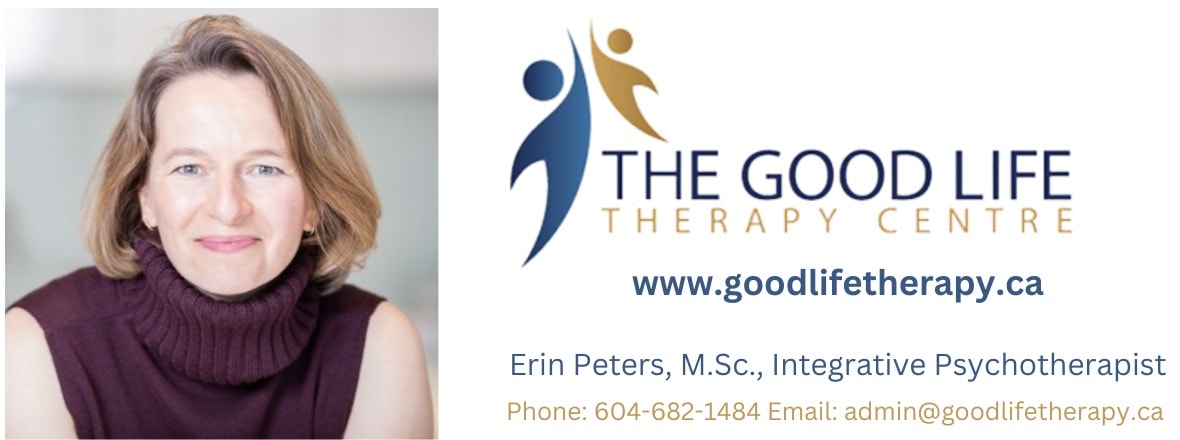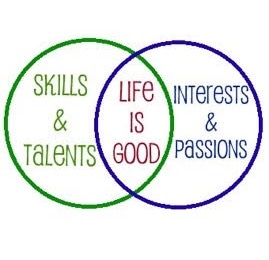When starting couples marriage counselling with a new couple, one of the things I raise is the widely held belief that when we commit to living as a couple, “two-become-one” and live that way ever after. For many couples, however, trying to live that way over time creates distress for many reasons.
Working with The Developmental Model of Couples Therapy, developed by Dr. Ellyn Bader and Dr. Peter Pearson, one of the things I have come to appreciate is the importance of our differences. Healthy couples thrive when each partner can seek to understand, learn to tolerate, and even embrace – yes, embrace! – our differences.
Those differences exist in so many parts of our lives: not only our personalities but also the ways in which we were raised as children, the ways in which we talk with and listen to others, the ways in which we instinctively react when we are challenged or uncomfortable, the ways in which we think about and manage time and money, the times of the day when we have the energy to connect or rest, etcetera.
As I work and engage with couples during a relationship intensive, layers of differences are uncovered. What I frequently see again and again is that couples have the potential to flourish in their relationship when they learn to collaborate with, rather than resist, these differences.
Relationship intensives provide a unique chance for a couple to confront communication breakdowns, unhealed wounds, and challenges related to managing differences. This crucial opportunity presents itself without interruptions and allows partners to materialize changes quickly.
One of the not-so-secret tools for managing differences is communication. What I appreciate about The Developmental Model is that, in strengthening communication, it goes far beyond the words that are said – it actively teaches us how to slow down and dig deep into the process of communication, which experience is vastly different for each partner.
It offers thoughtful and evidence-based exercises for professional couples counsellors and marriage therapists to use in our work, teaching each partner in the here-and-now of the therapy sessions how to listen more constructively and how to speak more courageously with each other.
Through active practice, under the guidance of a licensed marriage counsellor, each partner learns to soften their defenses and to open up to the other person. Here, connection happens, misunderstanding fades, and over time, the relationship deepens.
Of course, when there are differences, there will inevitably be disagreement. Sometimes, we will misunderstand one another, sometimes we will feel disconnected, and sometimes, we will fight. Rather than ignoring this reality, or working to an impossible standard that demands perfect harmony all the time, The Developmental Model prepares couples to deal more realistically and effectively with our natural conflicts.
It teaches us how to disagree respectfully and safely, tailoring the skills specifically for each unique partner. Living and practicing the therapy session at home shows couples that they can “fight fairly” and also reconnect successfully, grow their mutual understanding, and ultimately strengthen their bond.
Importantly, it also provides a framework in which each partner retains their own unique sense of self – no one is lost or sacrificed to the myth that “two- become-one.”
If you or someone you know could benefit from couples counselling therapy, feel free to reach out to us. The skills you acquire will benefit you in all your relationships.

Embracing Our Differences – Rethinking the Myth of When “Two-Become- One”, Copyright August 2023, Erin Peters©

 To confront or not confront – that is the question
To confront or not confront – that is the question









 7. Ambition: it turns out that striving makes some people happy. It is a personality trait called ‘achievement orientation’ and involves hobbies, intellectual growth, etc. If this applies to you then “excellence’ matters and you have a drive to continually challenge yourself. The Latin term for this is “meliora”, which means, ‘ever-better’.
7. Ambition: it turns out that striving makes some people happy. It is a personality trait called ‘achievement orientation’ and involves hobbies, intellectual growth, etc. If this applies to you then “excellence’ matters and you have a drive to continually challenge yourself. The Latin term for this is “meliora”, which means, ‘ever-better’.  p.s. – Your happiness is important for more than one reason. You matter – we all matter. As each of us becomes the change we want to see in the world, the world becomes a brighter, better place to be. Make the commitment today to do one thing to increase your happiness.
p.s. – Your happiness is important for more than one reason. You matter – we all matter. As each of us becomes the change we want to see in the world, the world becomes a brighter, better place to be. Make the commitment today to do one thing to increase your happiness.